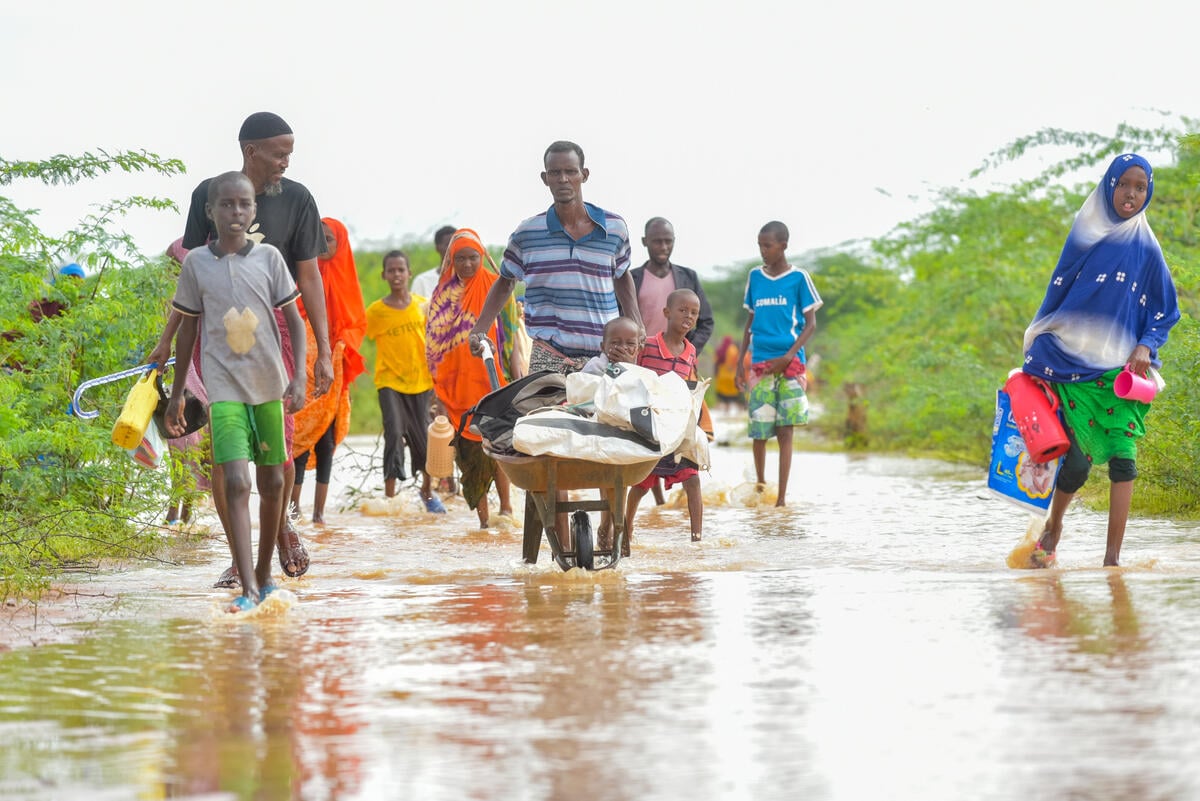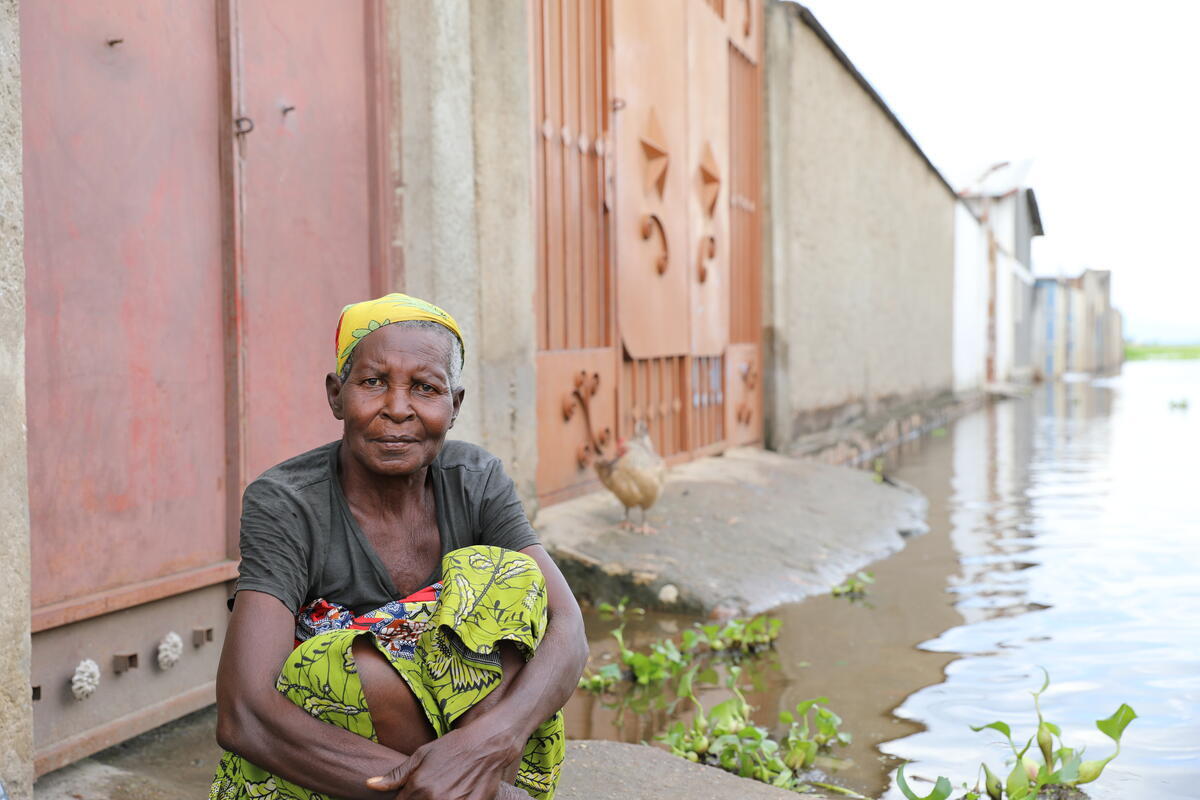New report warns large population in East Africa at risk of statelessness
New report warns large population in East Africa at risk of statelessness

A new report commissioned for UNHCR, The UN Refugee Agency, warns that thousands of people living in the East African Community (EAC), namely Burundi, Kenya, Rwanda, South Sudan, Tanzania and Uganda are stateless or at risk of statelessness. The report details the reasons behind their lack of nationality rights, and calls for States to take action.
The largest groups at risk of statelessness are the legacy of the colonial era: the descendants of people who moved, or who were forcibly moved, within colonial territories; or members of communities divided by colonial borders. Others are nomadic pastoralists, whose legal status has never been recognised by any modern State. Some are affected by gender or ethnic discrimination, in law or in practice. Many are in fact citizens under the law, but cannot prove it since they lack birth certificates and other documents.
Members of these groups may be perceived as foreigners, despite having no meaningful ties with any other country. Denied recognition by the only country they have known, they are often unable to attend school, access public healthcare, or even move around freely. This marginal status is passed on from generation to generation. The result can be decades of exclusion, holding back development.
“Nationality law is man-made: therefore, it is entirely within our reach to amend those legal frameworks that expose people to statelessness. All that is needed is political willpower,” said Grainne O’Hara, Director of the Division of International Protection at UNHCR.
The study, written for UNHCR by expert on nationality and statelessness in Africa, Dr. Bronwen Manby, sets out clearly exactly what States, and international and regional institutions can do, individually and together, to stamp out statelessness in Africa. Detailed recommendations are addressed to all six Partner States of the EAC: Burundi, Kenya, Rwanda, South Sudan, Tanzania, and Uganda.
The report welcomes some positive steps to address statelessness. These include Kenya’s granting of nationality to the stateless Makonde community in 2016, Tanzania’s naturalisation of long-term refugees, and Uganda’s efforts to register long-term residents during the roll-out of its new national identity document. There has been substantial progress towards gender equality in transmission of citizenship, though Burundi and Tanzania still retain discriminatory provisions in their laws.
All six States are parties to the Convention on the Rights of the Child, which provides for every child to have the right to birth registration and to acquire a nationality. All except South Sudan (which has signed) are parties to the African Charter on the Rights and Welfare of the Child, which also provides that a child should acquire the nationality of the State where he or she is born, if he or she is not granted nationality by any other State under its laws.
Only Rwanda, however, currently has a legal framework for nationality administration that generally complies with international and African norms on the prevention and reduction of statelessness. Rwanda is a party to both the 1954 and 1961 statelessness conventions. Burundi’s national assembly has also approved legislation to accede to both treaties. Uganda is only party to the 1954 Convention relating to the Status of Stateless Persons.
“Living in limbo, without any proof of your existence in the eyes of the State, is a crushing predicament,” added
Grainne O’Hara. “We have seen how, in some regions, this extreme marginalisation fuels resentments and drives conflict. Statelessness is not just a consequence, but also a cause of displacement. Everyone has a right to belong somewhere, and as the UN Agency mandated to address statelessness, UNHCR looks forwards to supporting governments and civil society in the region to build on existing efforts and push for inclusion, with policies and laws that leave no one behind.”
This year marked the four year anniversary of UNHCR’s global #IBelong campaign to end statelessness. While acknowledging the efforts already made to address statelessness in East Africa, the report also gives important guidance to assist States in achieving the goal of eradicating statelessness by 2024.
Media contact:
- Bénédicte VOOS, Senior Regional Protection Officer (Statelessness), UNHCR Regional Service Centre, +254 742 983 739, [email protected]









